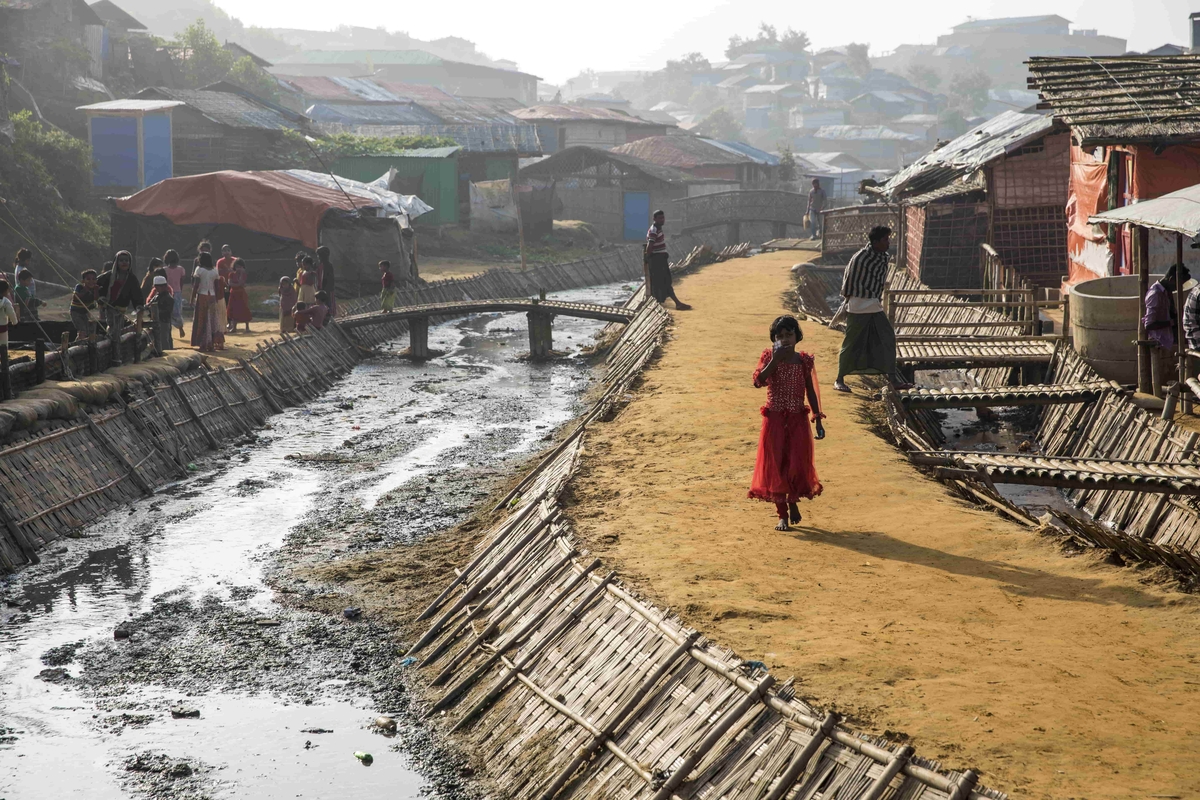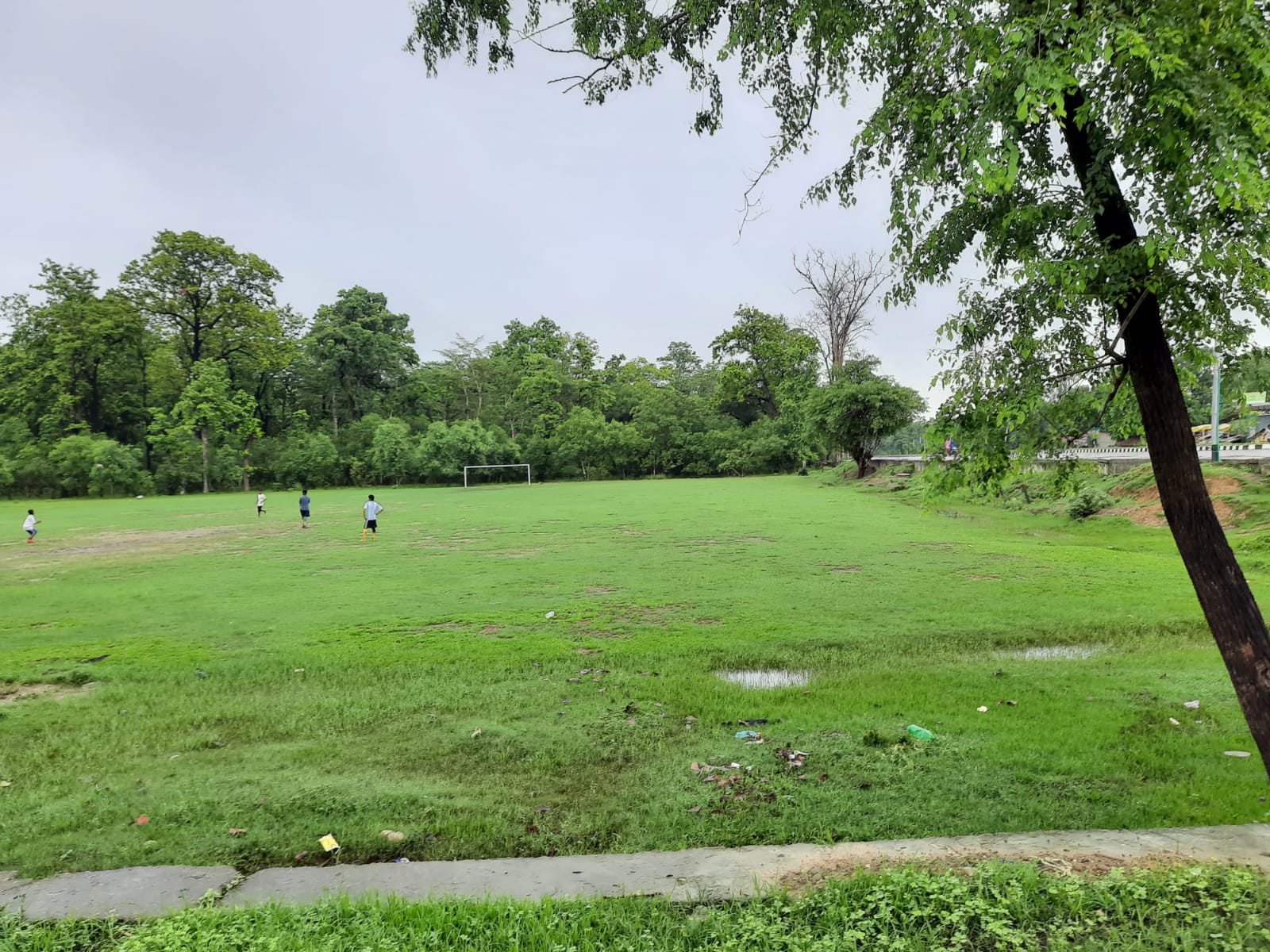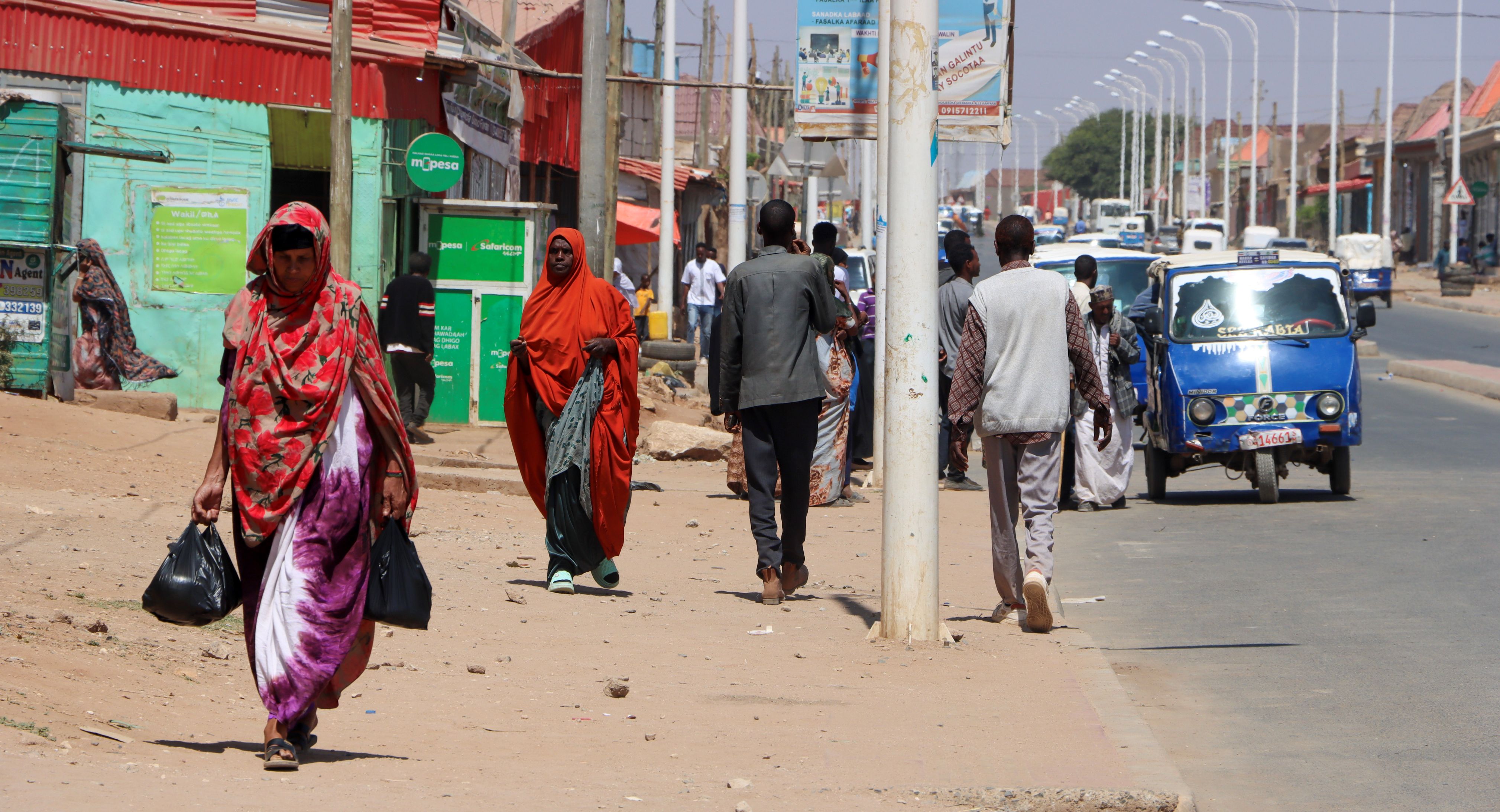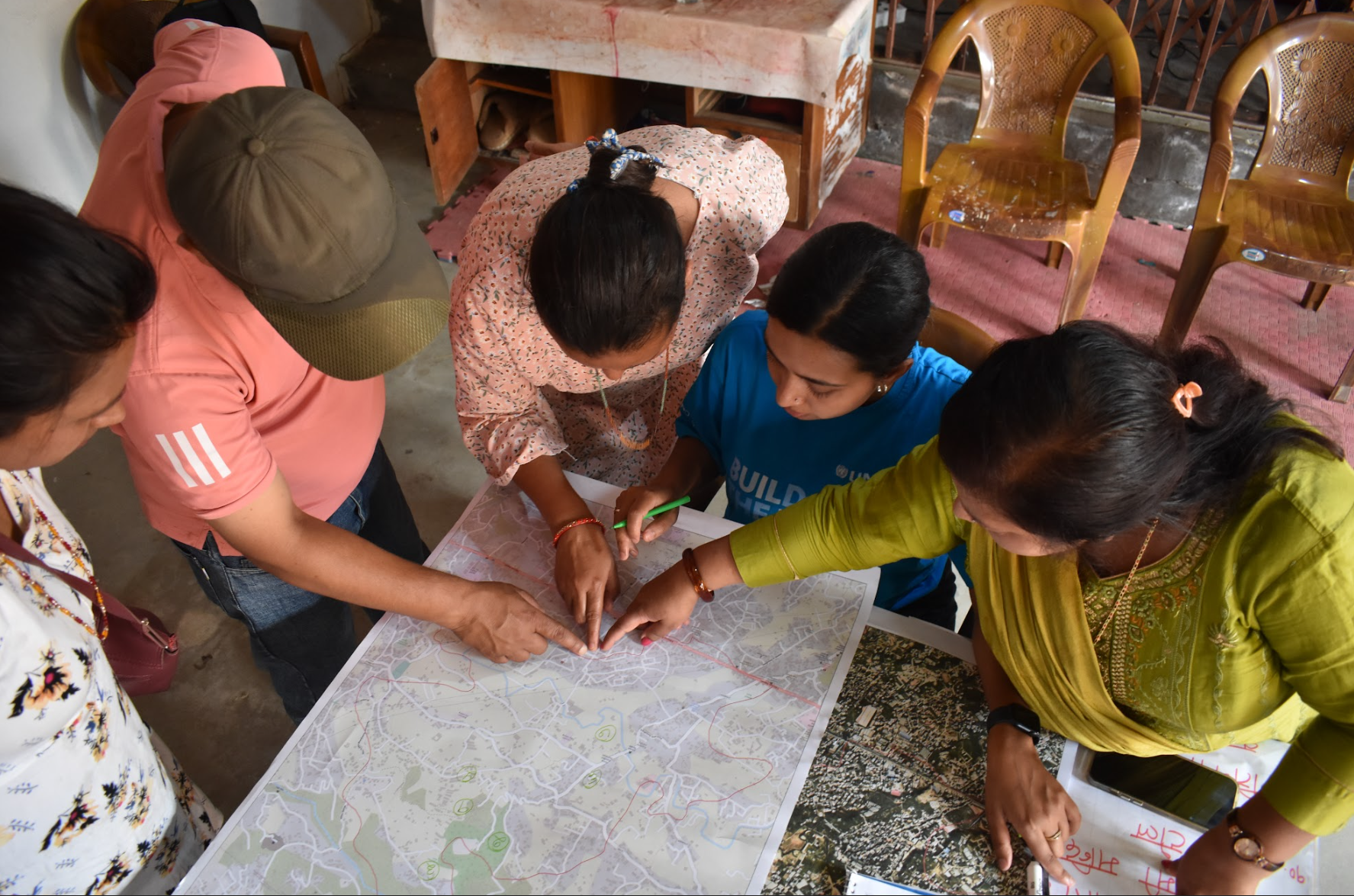Globally, the COVID-19 pandemic has increased cities' vulnerability and reduced their ability to deal with multiple existing shocks and stresses caused by the changing climate and economic shortfalls. As cities plan for recovery and investment in key services and infrastructure, they must address the underlying stresses exposed by the pandemic while continuing to place climate action and poverty reduction at the centre of their approaches. Smart, green investments and interventions with resilience principles in mind can create a triple dividend: helping cities boost their economies; improving equity, and preparing communities for inevitable climate and health threats.

The ReCAP initiative aims to support cities in Bangladesh, Rwanda and Mauritania, in implementing plans and measures for a resilient recovery from the COVID-19 pandemic. Its main objectives are:
- Increase the capacity for combatting future public health threats (including primary health care, health management, public life).
- Identify priority recovery action packages (short- and medium-term planning) cross-sectorally with high resilience value.
- Support the implementation of small-scale measures (with positive reciprocal effects between pandemic resilience and ecological, social, economic goals).
- Global knowledge exchange on resilient recovery in cities.
ReCAP will partner with local governments and organisations in the three selected countries while also maintaining a national and global outlook to promote dialogue and knowledge exchanges on resilience recovery and multilevel governance.
Funded by the German Federal Ministry for Economic Cooperation and Development, the project is being implemented by Cities Alliance, ICLEI, Resilient Cities Network, and GIZ.
More information in the project brochure and in this Urbanet article.





